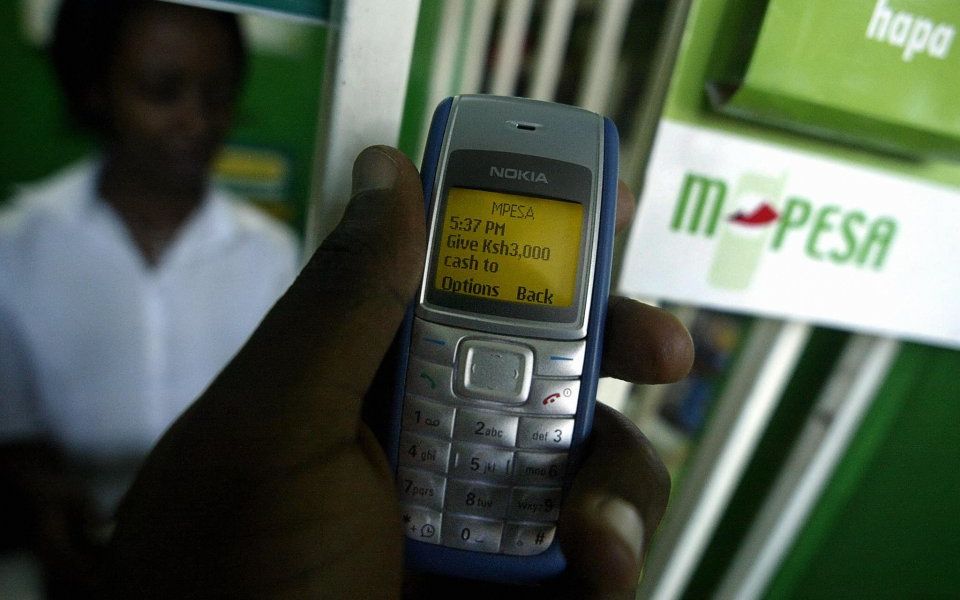Africa needs fintech – but fintech needs Africa more

What a difference a couple of decades make.
At the turn of the century, Tony Blair remarked that “the state of Africa is a scar on the conscience of the world”.
This week, on her first official visit to the continent, Theresa May embraced a new vision of optimism and hope.
Read more: Theresa May sets sights on Africa trade as Brexit disputes rage
She spoke of the opportunities that Africa presents, stressing that “now is the time for the UK to deepen and strengthen its global partnerships” and that she looked forward to discussing “how we can do that alongside Africa to help deliver important investment and jobs”.
While closer ties with the African continent offer a host of opportunities for UK businesses across all sectors, nowhere is that potential more obvious than in fintech. The truth is that the UK fintech industry and Africa need each other – and this mission is a timely one for our multi-billion pound sector.
There is boundless opportunity here for ambitious entrepreneurs. Seven of the world’s 20 fastest-growing economies are African, and the continent’s total GDP is forecast to double between 2015 and 2030. By 2050, Africa will be home to a quarter of the world’s population.
That’s a huge untapped market – and, like other emerging economies across the globe, digital and mobile adoption are racing ahead.
Nigeria is already by far the largest mobile market in Africa, with more than 135m wireless connections, and 70m people accessing the internet. Over 80 per cent of internet users do so through a smartphone connection, making Nigeria a huge “mobile-first” and nearly “mobile-only” market that is ripe for disruption.
All of these factors add up to significant opportunities for the fintech sector. And the first order of business is driving financial inclusion.
The size of the continent and its dispersed population make this a challenge, but fintech has the answer. The mobile payment service M-Pesa in Kenya and Tanzania allows anyone with a smartphone to deposit, withdraw or transfer money and to pay for goods and services. Azimo has a strong partnership with M-Pesa, with 96 per cent of our transfers to Kenya arriving in M-Pesa mobile wallets.
Remittances sent home from the UK in this way really matter – for millions of people they alleviate poverty, feed families, educate children, and pay for medical care. In Nigeria, remittances totalled $22bn in 2017 – more than the country’s oil revenues.
They also play a critical role in financial inclusion. Receiving a remittance is often the first regular financial transaction that many people in sub-Saharan Africa will make.
Once they’re “on the grid” financially, other life-changing financial services can follow: borrowing to invest in housing or to start a business, insurance against crop failure, and saving for education or old age.
These kinds of applications prove that fintech is about more than neon credit cards, getting your change in bitcoin, or incrementally better services for rich western consumers on their third or fourth bank account.
The sector’s promise – and the justification for the sky-high valuations fintech companies command – is the power to change lives on a colossal scale by offering financial inclusion and control to billions of people.
Africa needs us for that, but fintech needs Africa even more.
Read more: Diverse decisions: how the tech sector can boost gender diversity